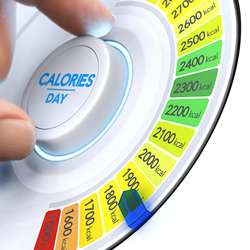It seems nearly everything we learned about obesity in training was wrong if we were taught anything at all. Medical schools and residencies teach the essentials of nutrition for the critically ill patients. When someone is hospitalized, they need adequate nutrition for healing: protein, essential fatty acids, electrolytes, vitamins, minerals, trace elements and water for recovery and healing. Then when we began outpatient medicine, we were flooded with patients with obesity and its consequences of diabetes, hypertension, hyperlipidemia, sleep apnea, fatty liver disease, cancers, and arthritis. Many of those conditions resolve with weight loss. Unfortunately, we were ill prepared to manage the underlying disease of obesity. If we had the knowledge, we never had the time to dedicate during a busy office visit to implement a successful weight loss plan. That is why the specialty of obesity medicine exists.
The NEJM article Myths, Presumptions, and Facts about Obesity dispels many of the beliefs we had about obesity and how to manage it. One of the common myths is that fast weight loss is unsafe and ineffective and that an 800 calorie diet cannot provide sufficient nutrition. Contrary to this myth, the article states, “within weight-loss trials, more rapid and greater initial weight loss has been associated with lower body weight at the end of long-term follow-up.” Furthermore, “a recommendation to lose weight more slowly might interfere with the ultimate success of weight-loss efforts.” In other words, the greatest weight loss at one year occurs in those that lost the weigh the fastest in the first six months of treatment.
An 800 calorie diet can be safe if it provides complete nutrition. It can also be unsafe when it lacks any essential nutrient. One main advantage of medical meal replacements is they provide everything needed for health while providing much lower calories. It is logistically impossible to provide complete nutrition on a whole food diet, and therefore, the weight loss will be much slower. In our experience, the ketones produced from more rapid weight loss also makes weight loss easier, probably due to lower levels of ghrelin, an appetite-stimulating gut hormone. Furthermore, the more rapid weight change results in a rapid drop in blood pressure and blood sugars, with the resulting need for lower antihypertensive and diabetes medications. So faster weight loss is easier for the patient results in more rapid improvement in health, and results in more sustained weight loss.

